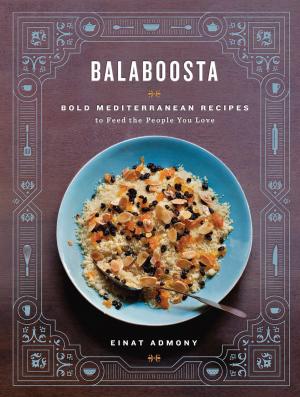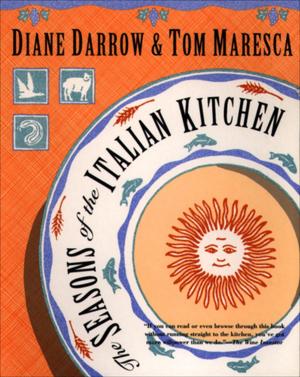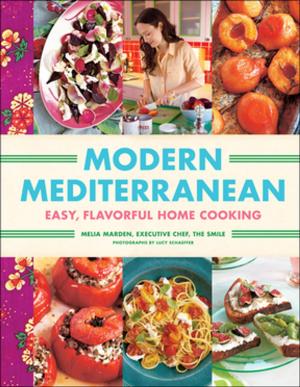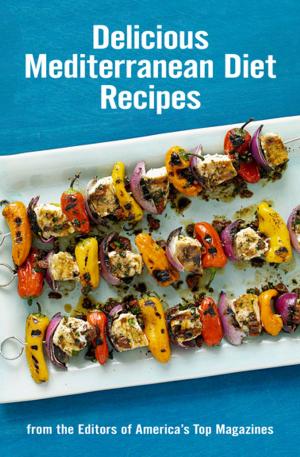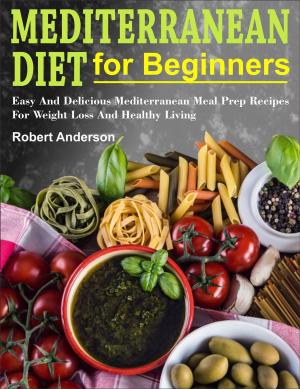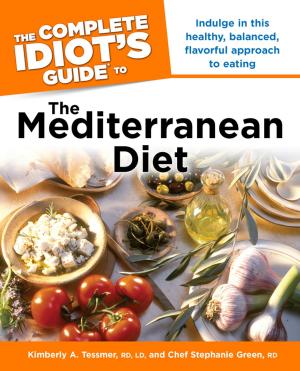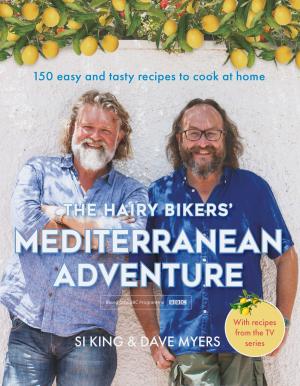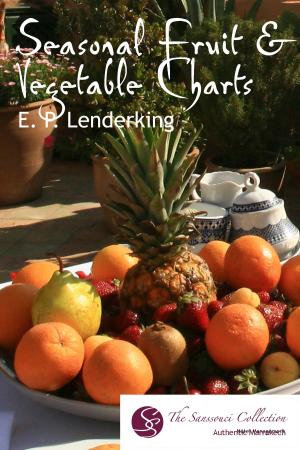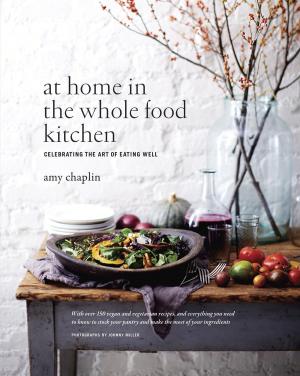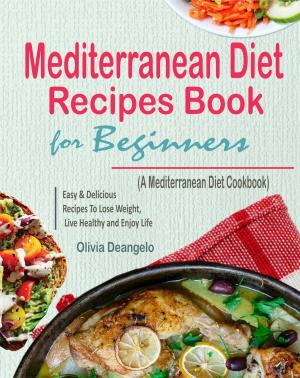Cook and Sail: Adriatic and Mediterranean Way
Cooking on a Boat
Nonfiction, Food & Drink, Seafood, International, European, Mediterranean| Author: | Zlatko Gall | ISBN: | 9789535779544 |
| Publisher: | Surogat d.o.o. | Publication: | May 25, 2015 |
| Imprint: | Surogat. | Language: | English |
| Author: | Zlatko Gall |
| ISBN: | 9789535779544 |
| Publisher: | Surogat d.o.o. |
| Publication: | May 25, 2015 |
| Imprint: | Surogat. |
| Language: | English |
To Cook is Necessary
Cooking in a galley or small sailboat is much more demanding than everyday cooking and quite different compared to sophisticated gourmet projects in lavishly equipped kitchens with well-stuffed pantries. With its mostly Spartan conditions, scarce provisions, and the limited choice of kitchenware, it still provides even those with almost no fishing experience with the world’s best pantry - the sea!
Coping with the urge to write a galley cookbook, I have spent years jotting down my experiences (and those of my friends) collected during regattas and sailing trips. This gourmet archive forms the mainstay of this cookbook.
Perhaps I was trying to achieve the unachievable - to share my sailing experiences in a single edition with seafarers on small boats and/or family-made single-cabin crafts, as well as with those sailing on 40+ feet yachts. What kept me afloat - regardless of whether you cook on a camper’s stove or in a fully-equipped kitchen with four gas flames, regardless of whether you are a regular weekend-sailor or a dreamer who sets sail from his land-based kitchen - the one thing that melts us all in the same boat pot is nautical passion. And, of course, the gusto from the sea.
You only need so much on a boat - a few dishes and several ingredients - but let’s see what is considered mandatory! My personal choice includes salt, dried pepperoncini or hot pepper or chili powder (rather than black pepper), olive oil, high-quality red wine vinegar, garlic, onion, some parsley and celery and - if in any case possible - a pot (or a plastic yoghurt cup) with growing basil and rosemary. Add some potatoes, canned peeled tomatoes, flour, rice, pasta, pâté, fresh tomatoes (when in season), piquant dry cheese - and you can set sail for a trip around the world. How can that be? Because every cove offers everything you need for a decent meal - from the annular sea breams and bait fish you will surely “snatch”, you can cook a delicious soup. Limpets are the perfect ingredient for a first-class goulash or risotto, mussels depend on your imagination (try deep-frying them dipped in beer batter with pine nuts), while making soup from a stone from the seabed is not a joke, but rather an established gourmet practice.
If you have any experience with a spear gun or a trident, with angling or longline fishing, your boat’s basic kitchenware (combined with a simple grilling grid) and the recommended ingredients will suffice for preparing out-worldly delicacies. You can search rocks for mussels and limpets, harvest warty venus from the sandy seabed or grooved carpet shells during low tide, or find mussels (simply chargrill them immediately on a grid or a tin plate) or murex which can be prepared in a zillion ways. Use gauze or a potato sack to make your own landing net for harvesting prawns (most easily found in brackish waters, along a grassy seabed).
To Cook is Necessary
Cooking in a galley or small sailboat is much more demanding than everyday cooking and quite different compared to sophisticated gourmet projects in lavishly equipped kitchens with well-stuffed pantries. With its mostly Spartan conditions, scarce provisions, and the limited choice of kitchenware, it still provides even those with almost no fishing experience with the world’s best pantry - the sea!
Coping with the urge to write a galley cookbook, I have spent years jotting down my experiences (and those of my friends) collected during regattas and sailing trips. This gourmet archive forms the mainstay of this cookbook.
Perhaps I was trying to achieve the unachievable - to share my sailing experiences in a single edition with seafarers on small boats and/or family-made single-cabin crafts, as well as with those sailing on 40+ feet yachts. What kept me afloat - regardless of whether you cook on a camper’s stove or in a fully-equipped kitchen with four gas flames, regardless of whether you are a regular weekend-sailor or a dreamer who sets sail from his land-based kitchen - the one thing that melts us all in the same boat pot is nautical passion. And, of course, the gusto from the sea.
You only need so much on a boat - a few dishes and several ingredients - but let’s see what is considered mandatory! My personal choice includes salt, dried pepperoncini or hot pepper or chili powder (rather than black pepper), olive oil, high-quality red wine vinegar, garlic, onion, some parsley and celery and - if in any case possible - a pot (or a plastic yoghurt cup) with growing basil and rosemary. Add some potatoes, canned peeled tomatoes, flour, rice, pasta, pâté, fresh tomatoes (when in season), piquant dry cheese - and you can set sail for a trip around the world. How can that be? Because every cove offers everything you need for a decent meal - from the annular sea breams and bait fish you will surely “snatch”, you can cook a delicious soup. Limpets are the perfect ingredient for a first-class goulash or risotto, mussels depend on your imagination (try deep-frying them dipped in beer batter with pine nuts), while making soup from a stone from the seabed is not a joke, but rather an established gourmet practice.
If you have any experience with a spear gun or a trident, with angling or longline fishing, your boat’s basic kitchenware (combined with a simple grilling grid) and the recommended ingredients will suffice for preparing out-worldly delicacies. You can search rocks for mussels and limpets, harvest warty venus from the sandy seabed or grooved carpet shells during low tide, or find mussels (simply chargrill them immediately on a grid or a tin plate) or murex which can be prepared in a zillion ways. Use gauze or a potato sack to make your own landing net for harvesting prawns (most easily found in brackish waters, along a grassy seabed).

